BBC 6 The First Time with: Jonny Greenwood
Jonnyのインタヴュー
The First Time with Jonny Greenwood - BBC Radio 6 Music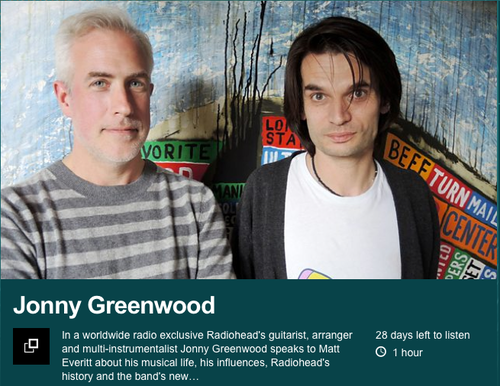
....時間あるときにー
Their ninth album is "utterly entrancing", "mesmerising" and "an incisive portrayal of emotional vulnerability", the critics said. Fans, too, lavished praise on the album, noting a return to melodicism after the fractured and fatigued King Of Limbs five years ago.
Many of the songs are elevated by guitarist Jonny Greenwood's orchestral arrangements and the presence of the 13-person choir from the London Contemporary Orchestra.
The band haven't spoken about the record since it was released, but Greenwood dropped into BBC 6 Music to chat to Matt Everitt earlier this week
Their conversation covered the "traumatic" recording sessions, Radiohead's career-spanning live shows, and their rejected theme song for the Bond film, Spectre.
The setlists for your recent live shows have changed radically every night. How many songs did you rehearse?
We started with 120. It's crazy. I mean, it's just every song we've done. And then we gave up and realised that was stupid and got it down to about 60 or 70, and we played 24 songs a night. So there's a lot to choose from.
What was the thinking behind that?
Variety. Keeping it fresh and interesting. It drives our crew crazy, as you might imagine, because they don't know what to do with the lights. But that's okay. We've always been like that. We've always decided the setlist just before we play.
The image that's grown around Radiohead's studio work is that it's very tortured, very emotionally draining... a very difficult experience for everybody concerned. Is that is that true?
It's by turns really exciting - and there's usually Thom [Yorke] in the middle of it getting very excited and motivating everyone and getting worked up about how well it's going - and then there's periods when nothing's happening and it's just not working and it's frustrating.
But it's like that for everyone with work. When it's going well it's such an exciting and "up" and happy time that gets you through anything, really. It's only torturous looking back.
Such as?
We recorded No Surprises [from 1997's OK Computer album] and then worried about it. And then we recorded it again because it didn't sound very good. And then we recorded it again. And then went back to the very first recording and released it.
So it's tortuous in that way. It's not like you're sitting looking for a kick drum sound for two weeks, it's more effort than that. More hitting brick walls over and over again. That's just how it goes.
What are your memories of headlining Glastonbury in 1997 - a gig that is now regarded by many as one of the greatest Glastonbury performances ever.
I just remember it being very stressful and the monitors breaking and Thom walking off because he couldn't hear anything and it just being a disaster!
It was pretty bad. It was like, "We can't hear ourselves, and we don't know what's coming across," and then I remember asking Andy Watson, our lighting guy, to illuminate the audience so we could finally see them. I remember that. You can't hear what you're playing and you hope everyone is hearing each other and that something is coming across, but it was a struggle.
You released your track Spectre on Christmas Day - explaining it had been intended as the theme as a James Bond theme, until Sam Smith's track was chosen instead. What happened?
It wasn't right for the film, what we did. So we thought, "Great! Then it's ours. We can finish it how it's meant to be and we can release it." So that side of it was really positive, you know?
But I guess there's lots of people interested in who does it [the Bond theme]. There's a lot riding on it and the song we did was just too dark or whatever, so that's fine. [It] means we get to have it back and it's ours and we got to put it out.
We're really, really proud of it. Why be attached to an old fashioned idea of what a James Bond thing was and it being a big deal? It's like it's sort of stupid to get worked up about, really.
A Moon Shaped Pool features a lot of arrangements by the London Contemporary Orchestra, who you're a great champion of.
Well there's songs like Burn The Witch which, very rarely for us, we managed to get strings on near the beginning. We left it unfinished on purpose and left lots of room for the strings and we never do that usually. Usually the strings are the icing on top.
At the end of Daydreaming I got the cellos to all tune their bottom strings down about a fifth [of an octave] but then still try to play the music. So you can hear them struggling to stay in tune and you have the low growl sound.
You want to use strings in a way that isn't just pastiche and that can be hard to avoid. That was fun, trying to square that circle.
I was lucky enough to see a couple of the recent shows and it looked like you were really enjoying being on stage.
Yeah, it was really enjoyable. I think we're appreciating being in a band with each other in the moment and enjoying the sound that we put across. So it's a very happy time, yes. What can I say? There's nothing to complain about really!...

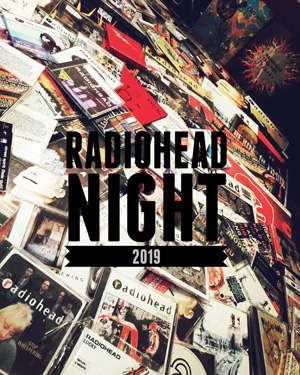
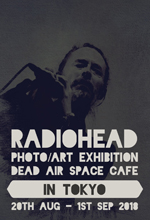
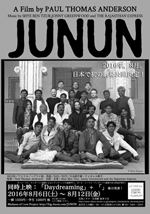
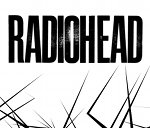

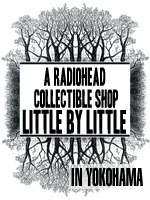
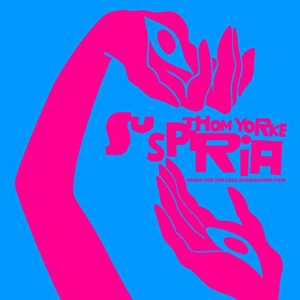
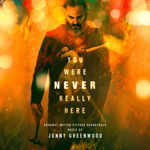
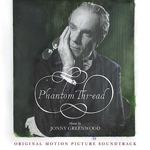
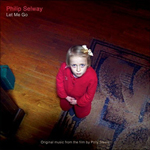
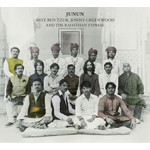 Shye Ben Tzur,Jonny Greenwood and the Rajasthan Express - JUNUN
Shye Ben Tzur,Jonny Greenwood and the Rajasthan Express - JUNUN